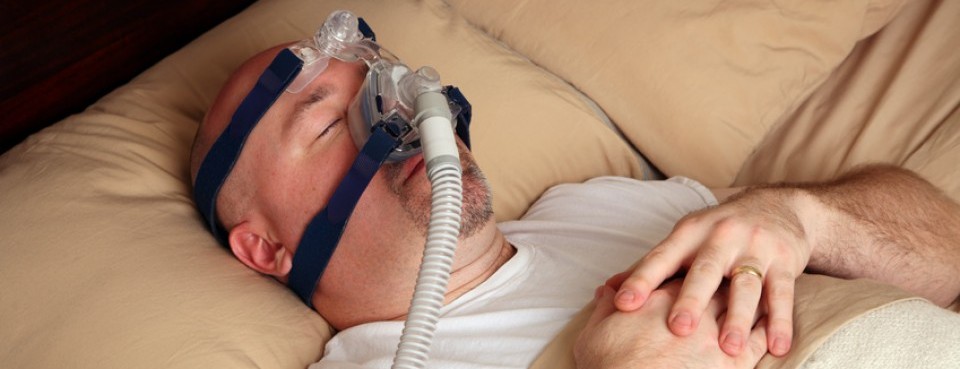Respiratory therapy is a specialized type of medical care involving the heart or lungs. Many patients have underlying conditions that affect their ability to breathe correctly. This in turn deprives the body’s tissues of oxygen. Diseases include emphysema, asthma, and various other disorders. The goal of treatment is to improve a patient’s quality of life and overall health.
Respiratory therapists are a part of a healthcare team that administers care related to breathing. Their skills are specific to the task of improving oxygenation. While they always work under the direct supervision of a medical doctor, they also independently evaluate patients and perform treatments. Administering oral and inhalant medication is a typical duty.
Ventilation assistance is provided for patients who require it. Examples would include the use of oxygen after surgery. It is also used to alleviate severe symptoms. It may involve the use of complicated equipment and machinery, such as that used for life support. Pulmonary rehabilitation is performed on those who have a temporary breathing problem. Patients are trained to use exercises designed to strengthen the diaphragm and increase lung capacity.
Respiratory therapy is highly beneficial in many different situations. Inside of general practice, there are areas of specialization. Examples are:
- Asthma- Therapists may assist in diagnosing and treating adults or children.
- Cystic Fibrosis- Disease education and life coping skills are two important skills when assisting these patients.
- Extracorporeal Membrane Oxygenation operations- This is a specialized type of equipment used during a life threatening cardiac or pulmonary emergency.
- Apnea- Sleep disorders are a common cause of nighttime breathing trouble.
- Neonatal- Pediatric therapy involves administering pulmonary support to newborns.
Respiratory therapists can be found throughout hospitals, clinics, and nursing home facilities. They operate high tech equipment on a regular basis, perform complex health assessments, and collect samples for laboratory processing. In addition to working closely with patients, therapists frequently participate in educating the public on smoking cessation.
A career in respiratory therapy requires an associate or bachelors degree. Depending on their background, qualified applicants can earn two different types of certification. The Registered Respiratory Therapist (RRT) designation is standard within the industry. A Certified Respiratory Therapist (CRT) is slightly more advanced, having met specific experience requirements.
imagecredit: © Amy Walters – Fotolia.com

